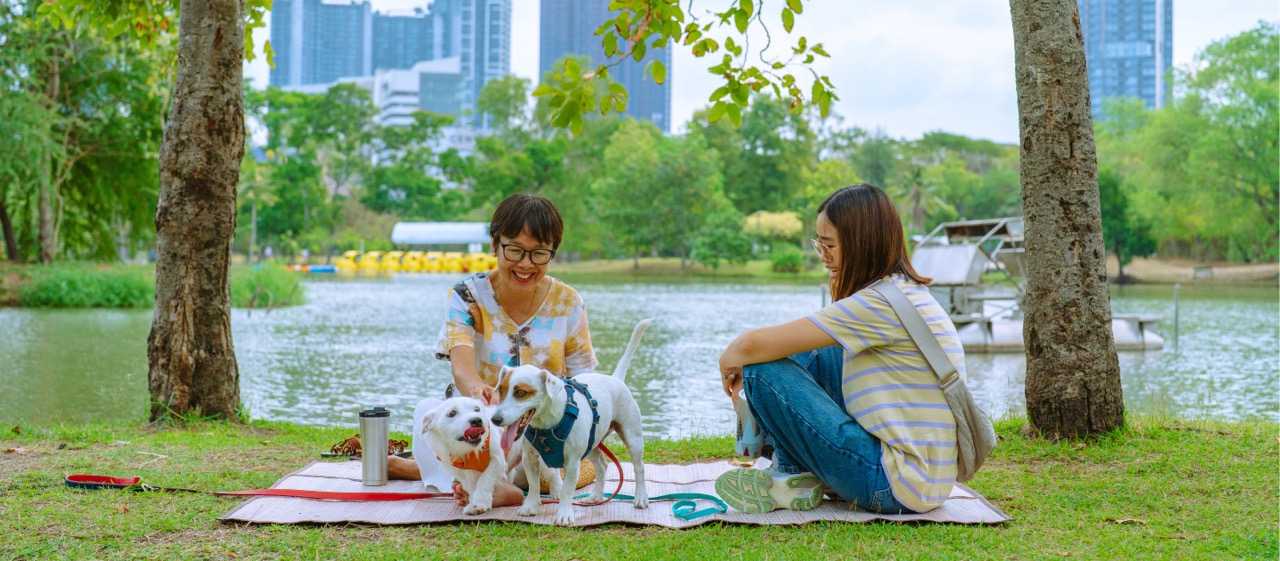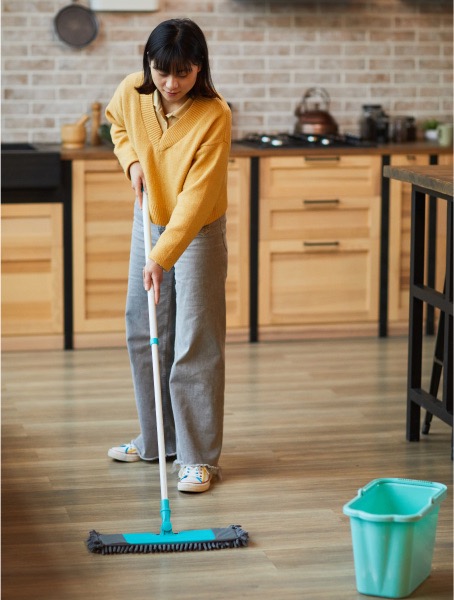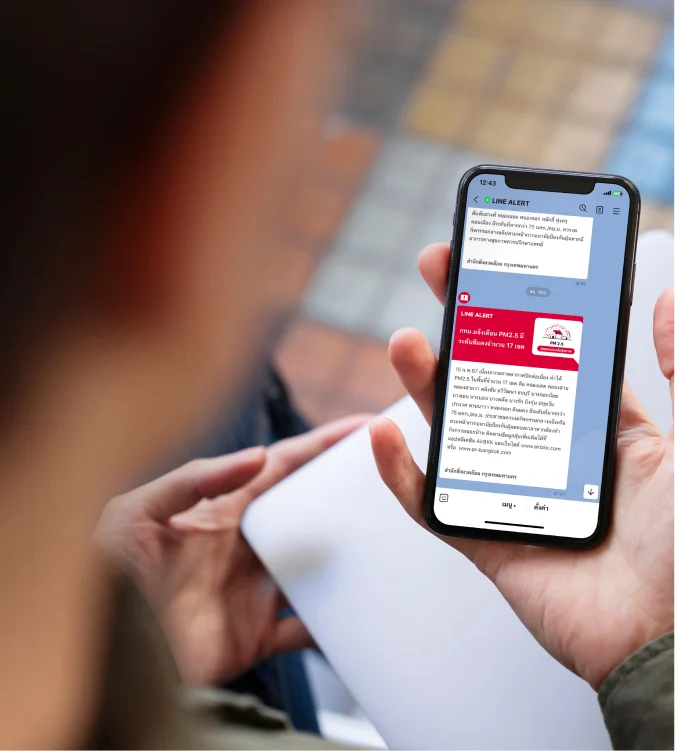|
The air quality is very good.
|
|
Very good
|
You can carry out activities as usual.
|
You can carry out activities as usual.
|
|
Good air quality
|
|
Good
|
You can carry out activities as usual.
|
- Avoid outdoor activities or exercise.
- Monitor your health. If you experience any unusual symptoms such as frequent coughing, nausea, dizziness, or severe symptoms, see a doctor immediately.
|
|
Moderate air quality
|
|
Moderate
|
- Avoid outdoor activities or exercise.
- Monitor your health. If you experience any unusual symptoms such as frequent coughing, nausea, dizziness, or severe symptoms, see a doctor immediately.
|
- Avoid going out or doing outdoor activities. If you have to go out, wear a mask to protect against PM2.5.
- People with chronic diseases should watch out for unusual symptoms. If they experience unusual symptoms such as frequent coughing, nausea, dizziness, or severe symptoms, see a doctor immediately.
|
|
Air quality is beginning to have an impact on health.
|
|
Beginning to have health effects
|
- Reduce or limit outdoor activities and outdoor exercise.
- Wear a mask to protect against PM2.5 when you need to go outside and exercise in places where there is no dust.
- Watch out for or observe for any unusual symptoms. If you have frequent coughing, nausea, dizziness, headache, or severe symptoms, see a doctor immediately.
|
- Reduce or avoid outdoor activities. If necessary, wear a mask to protect against PM2.5.
- Avoid exercising outdoors and switch to playing in a place where there is no dust. If you experience any abnormal symptoms such as frequent coughing, nausea, dizziness, or severe symptoms, see a doctor immediately.
- People with chronic diseases should prepare necessary medicines and equipment.
|
|
Air quality affects health
|
|
Impact on health
|
- Avoid going out and doing outdoor activities.
- Stay home and wear a PM2.5 mask every time you go outside.
- If you experience any abnormal symptoms such as frequent coughing, nausea, dizziness, or severe symptoms, see a doctor immediately.
- People with chronic diseases should prepare at least 5 days' worth of medicine and necessary equipment.
|
- Reduce or avoid outdoor activities. If necessary, wear a mask to protect against PM2.5.
- Avoid exercising outdoors and switch to playing in a place where there is no dust.
- If you experience any unusual symptoms such as frequent coughing, nausea, dizziness, or severe symptoms, see a doctor immediately.
|












